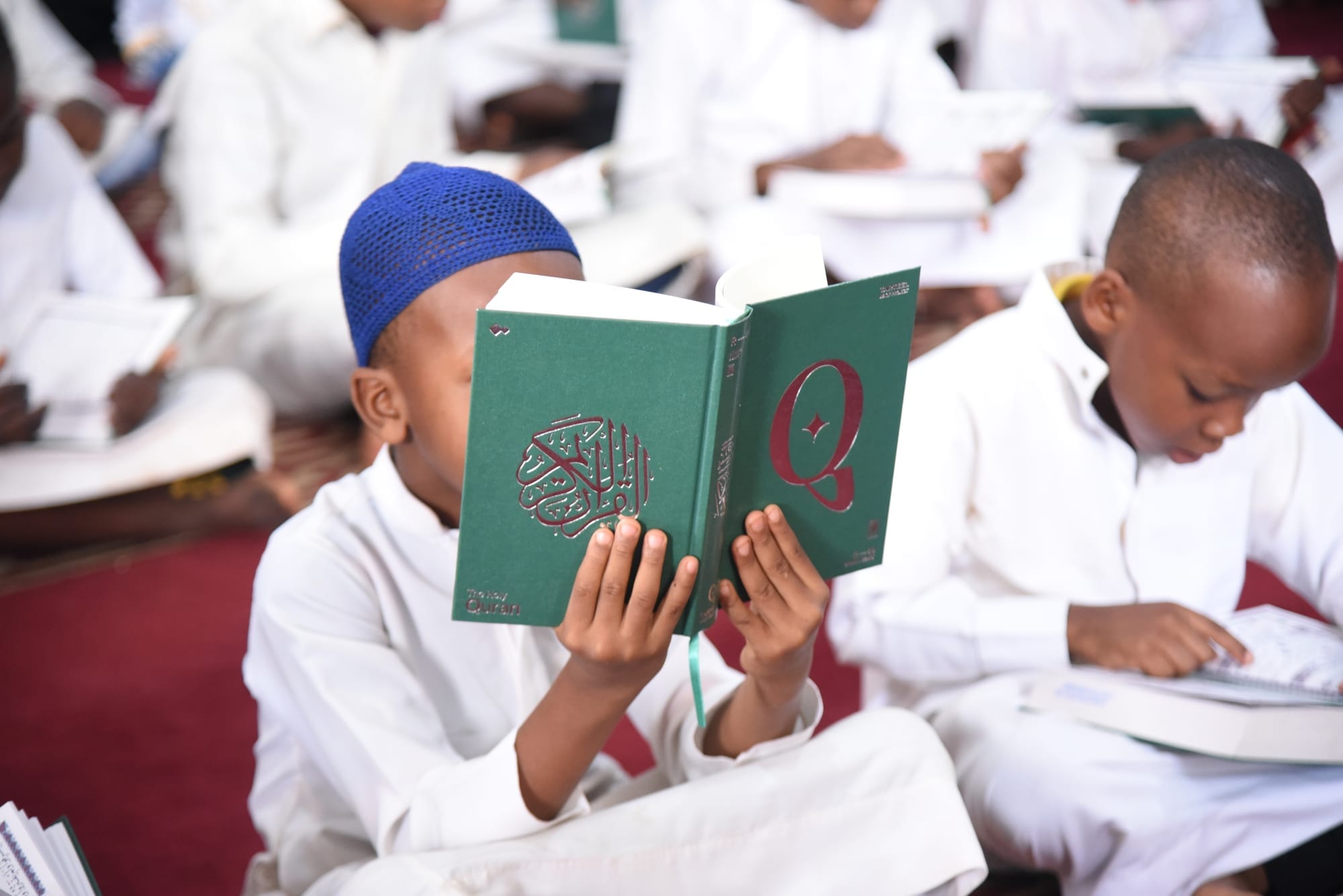Forgiveness is a central theme in Islam, beautifully woven into the Quran. It’s a concept that not only defines the relationship between individuals but also reflects Allah’s boundless mercy towards His creation. In our daily lives, we seek forgiveness from one another and from Allah, hoping to receive His mercy and grace. But what does the Quran actually say about forgiveness, and how does it guide us in practicing this vital virtue?
Allah’s Mercy is Greater Than Our Sins
One of the most heartening teachings in the Quran is that Allah’s mercy surpasses any wrongdoing. Even when we feel weighed down by our mistakes, we are reassured by verses like:
“Say, ‘O My servants who have transgressed against themselves [by sinning], do not despair of the mercy of Allah. Indeed, Allah forgives all sins. Indeed, it is He who is the Forgiving, the Merciful.’” (Surah Al-Zumar, 39:53)
This verse is a lifeline for anyone feeling hopeless. It shows that no matter the magnitude of our sins, Allah’s forgiveness is greater. The Quran encourages believers not to fall into despair, but rather to turn to Allah with sincere repentance.
The Importance of Forgiving Others
Just as we seek Allah’s forgiveness, we are also reminded of the importance of extending that forgiveness to others. Life can be full of misunderstandings and conflicts, but the Quran emphasizes that peace and unity are nurtured through forgiveness:
“...And let them pardon and overlook. Would you not like that Allah should forgive you? And Allah is Forgiving and Merciful.” (Surah An-Nur, 24:22)
This verse not only instructs us to forgive but frames it as an act of mercy that echoes Allah’s own forgiveness towards us. By pardoning those who have wronged us, we are participating in a divine practice, one that can strengthen relationships and heal wounds.

Repentance and Seeking Forgiveness
Forgiveness in Islam is closely tied to the act of repentance, or tawbah. Allah consistently invites His servants to turn back to Him, no matter how far they have strayed. The Quran emphasizes that those who repent sincerely will be forgiven:
“And those who, when they commit an immorality or wrong themselves [by transgression], remember Allah and seek forgiveness for their sins—and who can forgive sins except Allah?—and [who] do not persist in what they have done while they know.” (Surah Aal-Imran, 3:135)
This verse shows that true forgiveness from Allah comes when we not only regret our actions but also resolve to avoid repeating the mistakes. It’s a process of self-reflection, humility, and commitment to improvement.
The Role of Patience in Forgiveness
Forgiving others is not always easy, especially when we have been deeply hurt. However, the Quran reassures us that patience in such situations is rewarded:
“And whoever is patient and forgives—indeed, that is of the matters [worthy] of resolve.” (Surah Ash-Shura, 42:43)
This verse recognizes the emotional difficulty of forgiveness but elevates it as an act of strength and righteousness. In forgiving, we demonstrate resilience and moral fortitude, trusting that Allah will reward our efforts.
Forgiveness on the Day of Judgment
The Quran also teaches us about the ultimate significance of forgiveness on the Day of Judgment. It is not just a practice for this life but one that carries eternal weight:
“On that Day, neither wealth nor children will benefit [anyone], but only one who comes to Allah with a sound heart.” (Surah Ash-Shu’ara, 26:88-89)
A “sound heart” is one that is free of grudges, filled with forgiveness, and purified through sincere repentance. Seeking and offering forgiveness prepares us spiritually for the afterlife, ensuring that we return to Allah with hearts at peace.
Forgiveness in the Quran is portrayed as a divine gift and a human duty. Allah’s mercy is boundless, offering hope to all who seek His forgiveness. At the same time, we are encouraged to mirror this mercy by forgiving others, nurturing a spirit of compassion and unity within ourselves and our communities. By practicing forgiveness, we grow closer to Allah and create harmony in our relationships, ensuring that we walk the path of righteousness both in this life and the next.
In the end, forgiveness is not a sign of weakness but of profound strength and faith. So let’s embrace this beautiful practice, knowing that in forgiving others, we too are drawing closer to Allah’s infinite mercy.





